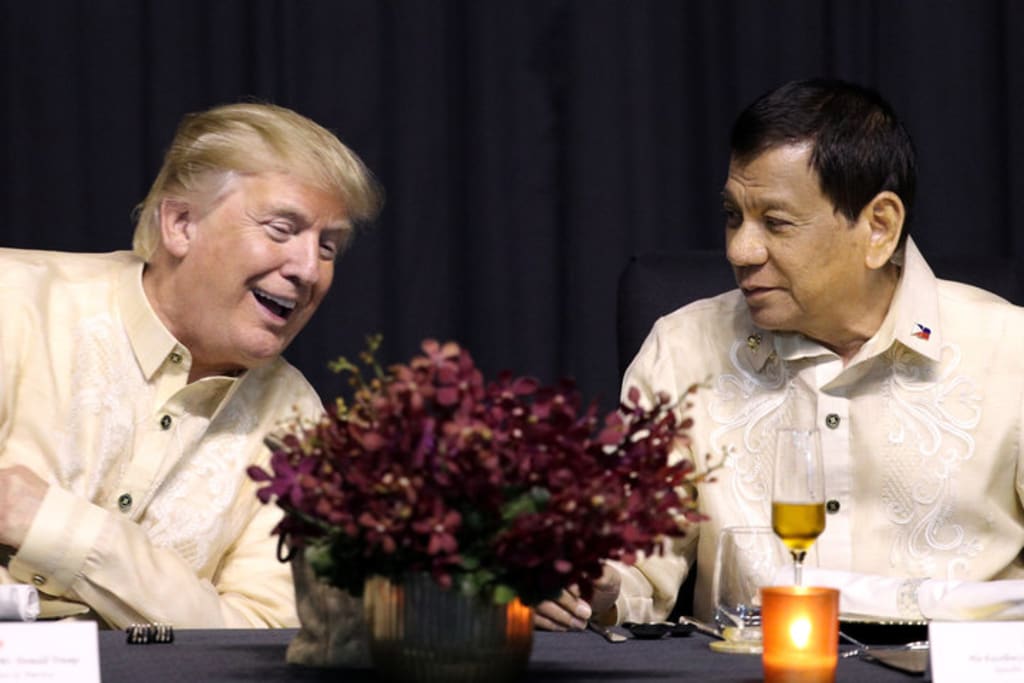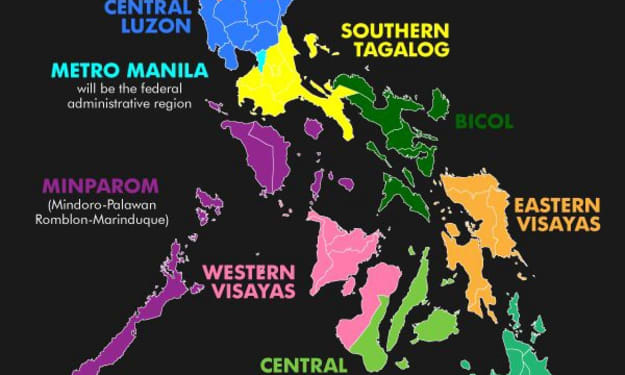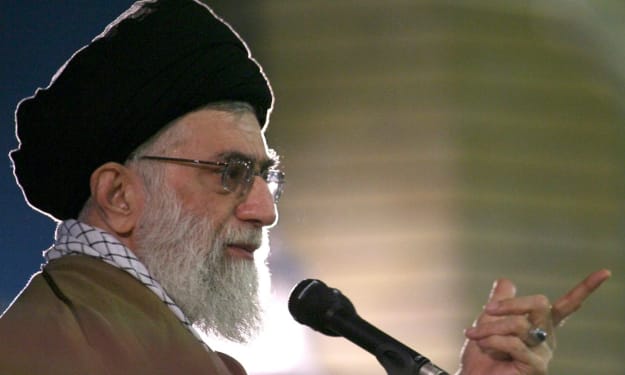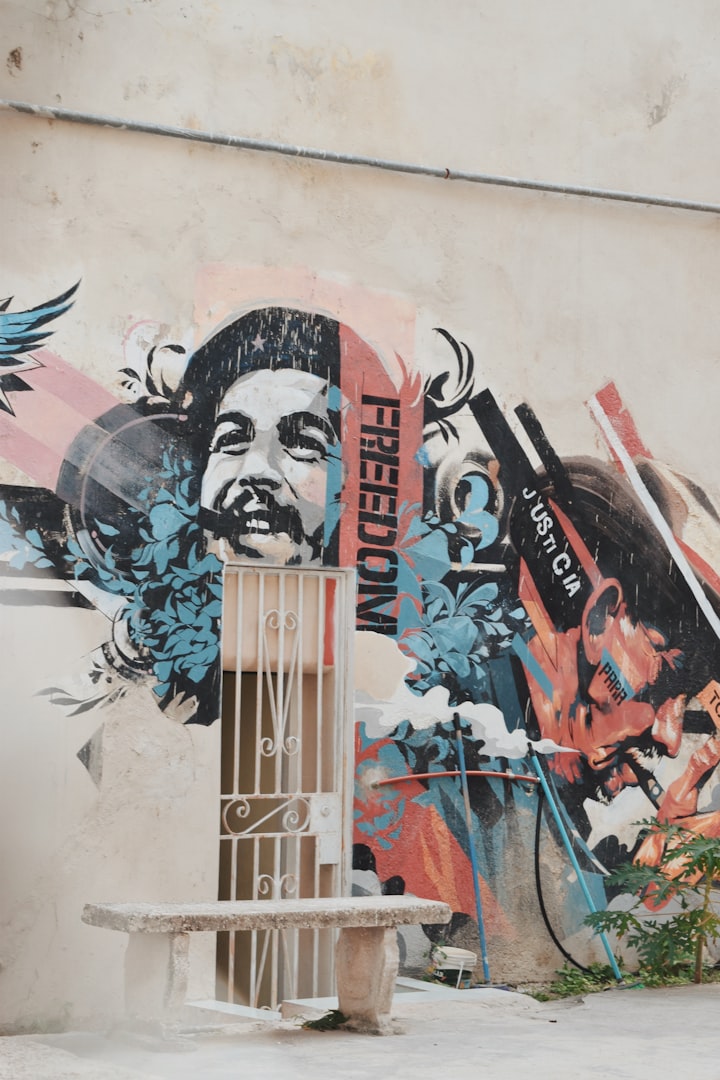American Politics in the Eyes of a Filipino
The Philippines and the United States have had a close relationship since the latter colonised the former in the late 19th century, until the end of the Second World War. However, the politics of the two countries continue to diverge from each other.

One thing worth admiring about the United States of America is that it has continued existing for around 240 years, and its stayed almost the same, when countries around the globe failed and fell, including its former archenemy, the Soviet Union. Of course, the history of the United States has not been all rainbows and butterflies. It has suffered wars with other countries, and even with itself during the American Civil War, and it has gone through multiple economic recessions and depressions, the most recent being in 2008.
The Philippines and the United States had, and continue to have, strong ties together. The Philippines became an American colony after the Spanish-American War, when Spain surrendered to the United States, and agreed to sell the Philippines for $20 Million in the Treaty of Paris. It is the United States that introduced modern public education in the country, as well as the concept of the presidential system, Protestantism, which lead to the rise of independent churches in the Philippines, such as Iglesia ni Kristo (or roughly translated as Church of Christ in English), and spread the use of English in the archipelago, which was said to have been first introduced by the British who temporarily occupied Manila during the Seven Years’ War, where the United Kingdom was at war with France, and even its allies such as Spain. The American occupation of the country, which lasted for about 40 years, may have ended, but Filipinos still looked up to the United States as more of a “benevolent conqueror” than Spain, the Philippines’ first coloniser, and they also viewed America as the land of milk and honey. Due to this perception, millions of Filipinos moved to the United States in search of a better opportunity. In fact, Filipino-Americans are some of the largest Asian American communities in the United States.
Filipinos are some of the most pro-American people, or more accurately, the most pro-American in the world. According to the Pew Research Center, the Philippines has been the world’s most pro-American country, with Israel coming second. 92 percent of Filipinos have positive views towards the United States, possibly much higher than anywhere else in the world.
But whenever I see or hear the words, “the United States of America,” I don’t feel much of the hype most Filipinos feel when they hear or see anything American, and unlike the majority of American-loving Filipinos, I don’t see the United States as a special country, nor do I see Americans, especially white Americans, as gods. Whenever the United States conducts elections, presidential elections especially, it would become a big news in the country, and in some cases locals were even asked who they would prefer to be the President of the United States, even if they were not American, or the Philippines isn’t an American territory or state. And while I enjoy watching NBA (and basketball in general) whenever I get to do so, and sometimes try to get updated about it, I am not necessarily as basketball-crazy as other Filipino men, and in fact I am also convinced that Filipinos should make soccer a main sport instead of basketball, since I believe that Filipinos would be better at it. I also prefer to look up at Europe, especially the US’ father, the United Kingdom, much more than the rebellious son. I see European politics as more pragmatic, and less tied with some rigid social values prevalent in the American political system.
I learned about the basics of the American government, and even history not through the internet, but through the two Time for Kids Almanacs my mother and aunt bought for me. From there, I learned about the duties of the US President and Vice President, the separation of powers, and the roles that the Congress and the Supreme Court played in governing the country. But as I looked deeper, and searched for more information, I finally relied on the Internet. I browsed on social media websites, watched videos on YouTube, read articles, and searched on Wiki pages to go deeper into the machinery of the US political system. I found out a lot about stuff that I could have not known, but the more I knew, the more I became ambivalent, or in some cases disappointed, towards America, and the way she does politics.
The Democrat-Republican divide that is a mainstream in American politics was not so new to me. I learned about the two-party system first, and then learned about the parties, their ideologies, and their history. At first, I became against the Republicans, especially in moral and social issues due to my beliefs, first as an atheist, and then an agnostic, and also to the rigid social conservatism, which began to surface with the “Moral Majority” Movement, that Republicans eschewed. But as the Democratic Party went further left, and the divide went deeper, I saw desperate American millennials trying to introduce socialism into the country as a solution to the growing inequality in the US, without even delving into research about how socialism destroyed countries like Venezuela, and how social democracy, not socialism, made Canada and the Nordics work. It was as if the two parties went into the extremes of the political spectrum, with the Republicans becoming more and more fascist, and the Democrats becoming more and more socialist. I also saw fanaticism on both sides. I noticed how blind both some Democrats and Republicans are in the shortcomings of both their party and ideology, and how they became less pragmatic over time.
Upon looking deeper into the issues of the United States, I saw those that were a staple in other countries, as well as other issues that I could say are uniquely American. Abortion and same-sex marriages are issues in the country, even though both are still legal, at least for now. Abortion and same-sex marriage are issues in this country as well, but they are not as widely discussed as poverty or corruption, which are two of the Philippines’ biggest issues. Tax cuts, and cuts in budgets are also a big problem in the United States. Clearly, the divide is between keeping taxes low, and reducing budget deficit by limiting government spending, and those who prefer to tax the rich and spend more money on public services such as education and infrastructure. While austerity measures could be taken in the US, whether there is a crisis or not, the word itself is not even existing in Philippine politics, and should the government do budget cuts, it would be big news for those who would be seriously affected, but not for the rest of the country. Both the left and the right in the Philippines prefer for the government to have an active role in the economy and society, something which the Democrats would agree with, but the Republicans wouldn’t.
Some of the issues in the US that are uniquely American are the problems of establishing a universal healthcare program (such as the controversial Obamacare), and the problem of gun violence. Some Americans claim that the United States is the only country in the developed world to not have a universal healthcare system, with rich countries such as Canada, France, and even Britain having their own healthcare systems. Democrats are clearly on the side of building a healthcare system, believing that this would be a help to the US as a whole, and the Republicans are against such actions, arguing that deeming a service a human right does not necessarily make it immune to scarcity. Gun violence is also another issue. Even if the Philippines has PhilHealth, which runs almost the same as a universal healthcare system, President Rodrigo Duterte urged the Congress during his third State of the National Address to pass a bill creating a universal healthcare system and just recently, the President signed a bill allowing Universal Healthcare to be established. School shootings in the US had been a staple in the world news in recent days, and the US government has been criticised both at home and abroad for failing to take any action to stop any school shootings. The United States has perhaps some of the biggest gun ownership rates in the world, and as stated in the Second Amendment, which is defended by the Republicans and the Libertarians, of the US Constitution, citizens of the United States have the right to bear arms, something that the Democrats wanted to change. Arguments on both sides, regarding gun control and ownership, became more heated with the Republicans claiming that criminals could get away with gun control laws, and still try to own a gun, making good citizens incapable of possessing firearms to defend themselves, and with the Democrats arguing that gun control has been effective in a lot of countries in preventing massive gun violence from occurring. As of now, the arguments continue, and there is still no definite path as to how the United States will deal with the issue of gun rights and ownership. In the Philippines, while gun violence is common as well, the police are trying to strictly enforce gun control laws, and there are no calls from either the left, or the right, to allow people to own guns more freely just like in the United States. In Europe, gun control is not also a big issue, even if countries like Finland and Switzerland also have high rates of gun ownership.
America, in my eyes, is a country full of wonder and paradox. It is unique and diverse, and yet it has been experiencing a lot of political turmoil especially now with the Trump administration. The world still looks at what the US is doing, and would be doing. What would America do, you ask? I don’t really know. But it is sure that whatever good or bad the US will do, it would surely affect the world, whether we like it or not.
About the Creator
Jakeson Eudela
I am a Filipino-Taiwanese senior high school graduate currently residing in Parañaque City and a freelance fiction and non-fiction writer.






Comments
There are no comments for this story
Be the first to respond and start the conversation.